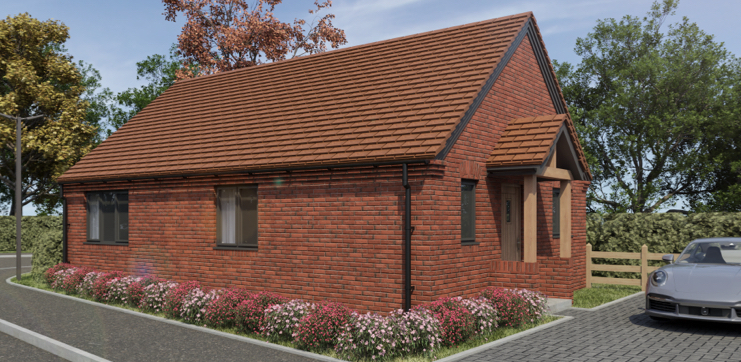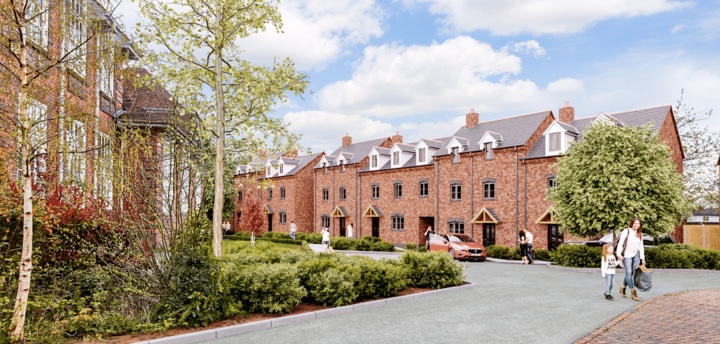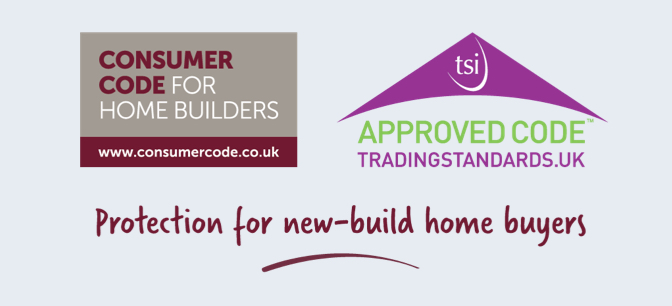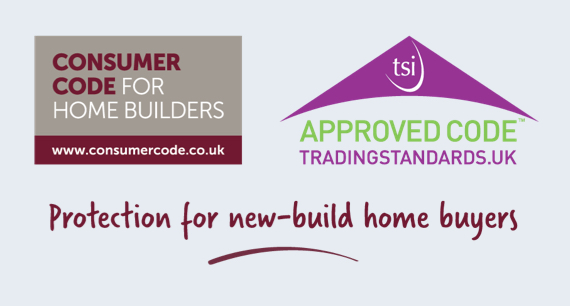Home Buyer’s Guide
You have decided to buy a home but what next? The maze of legal work, negotiations, dealing with surveyors and solicitors, finding a good mortgage deal and worrying about your deal falling through, on top of actually hunting down the home of your dreams, is enough to make anyone’s hair stand on end.
After finding a home you like, which can take anything from a few days to many months, the process from having your offer accepted to completion of the sale takes about 12 weeks. It is important to have a good understanding of the process as it will help you avoid some of the most common hazards of home-buying.
The Buying Process
You have decided that you are buying a property, but exactly how much can you afford? On top of the cost of the house itself, there are many other, one-off expenses involved in moving house which need to be taken into consideration.
Calculating Your Price Range
You need to work out:
- The amount you will get from the sale of any current home
- The amount you can borrow
- The amount you have in savings or investments
- Once you have done this, work out how much the other, one-off costs of buying and moving will add up to and deduct this from the total of the above three amounts.
Before looking at properties, you should consult a lender or mortgage adviser as to what your maximum possible loan would be.This will be based on the size of your deposit and how much you earn. A mortgage lender will rarely pay the whole price of the property – try to put down at least 5 per cent of the value of the home as a deposit.
Lenders will usually lend up to three times the size of your annual income, though some will lend up to four times your income. If you are buying as a couple, this increases to either three times the first income plus one year of the second income, or two- and-a-half times your joint income.Your lender will contact your employer to confirm your income, or if you are self-employed you will have to supply proof of your income.
Other costs involved with buying a property
If the price of the property you plan to buy is more than £125,000, then you have to pay a government tax called Stamp Duty. The lender will need to carry out a valuation of your prospective home to check it is worth the money it is lending you.This will cost you from around £150. Lenders may also charge an arrangement or completion fee. Legal fees are a major expense.
To read the full guide
Please fill out our form to receive a digital copy of your chosen guide(s).






